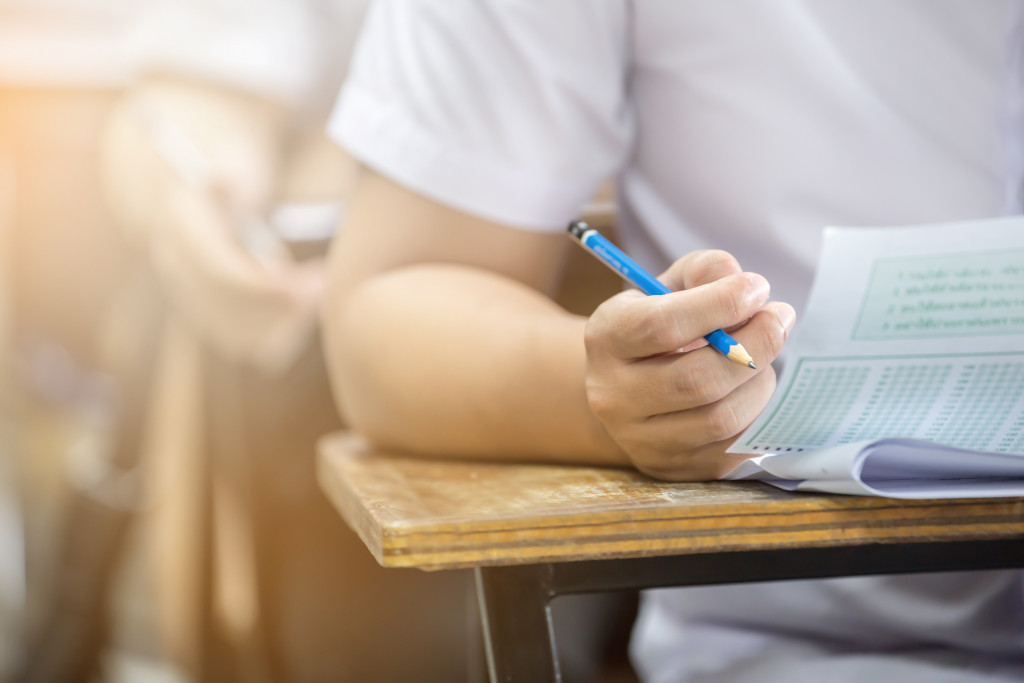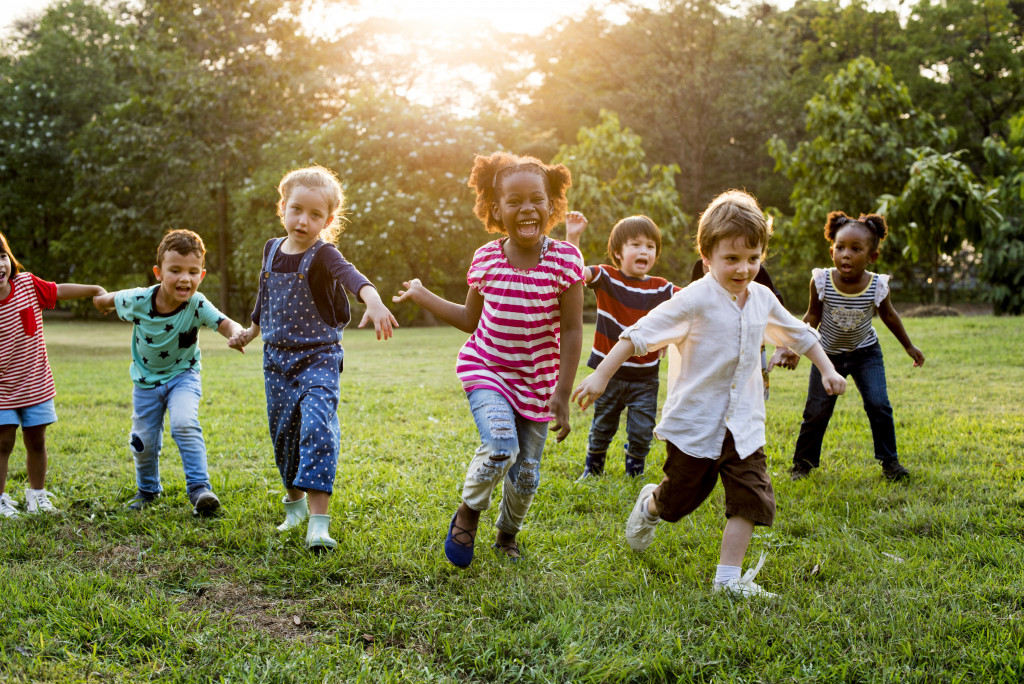When it comes to education, students want to pass with flying colours. These students get all the necessary work done. While they do their best at following their teachers’ instructions, these students should also be aware of the value of learning beyond the classroom. Getting educated beyond the four walls allows students to get a more well-rounded education.
Getting involved in student exchange programs is one way to get out of the structure of the classroom setting. Travelling with family and friends while learning about a foreign place’s culture is also one way of learning more about the world in an unconventional method. Student accommodations can encourage these knowledge-hungry individuals to explore more of the world beyond their comfort zones.
Teachers and parents should encourage students to learn as much as they can from the world around them. The idea of lifelong learning should be ingrained in every student’s mind to allow growth even beyond their years in educational institutions.
Exploring Beyond the Classroom for Experiential Learning
Education has always been an important part of growth as a society. These days, with rampant misinformation going around in various forms of media, it’s crucial for people to distinguish fact from fiction. This skill is obtained from being educated about the goings-on in the country and around the world.
Citizens of all ages need to be properly educated to function as good citizens. Good education is not restricted to the classroom setting. People need to be aware of the idea of lifelong learning. This will allow them to pursue personal growth and development even beyond their experiences in educational institutions.
Learning beyond the classroom entails experiential learning. The concept of learning by doing is having hands-on experiences and reflections that allow people to understand new ideas and concepts more efficiently. This newly acquired information is better linked to real-world situations, which translates to better learning.
Educational institutions continue to apply the idea of experiential learning in their curricula. Schools provide opportunities for student exchange programs and field trips, among other alternative modes of learning beyond the classroom.
While schools provide various choices for students to enrich their learning experiences, students should also find their own methods of learning new ideas. They can apply for part-time jobs, do volunteer work, or initiate their own projects. Engaging in learning activities beyond school will allow students to learn more about the world while having the chance to apply their knowledge in real-life situations.
Experiential learning is an essential aspect of learning about the world. Students have different ways of processing new ideas. Allowing these students to find alternative learning methods will provide them opportunities to gain new knowledge and link them to concrete concepts.
Misconceptions on Education

The digital age provides us with a large amount of information bombarding us each day. While some of this information is factual, many of these are uninformed and misleading. People easily believe misinformation these days, especially since misinformation can seamlessly disguise itself as facts. Given this, people need to take action in debunking myths surrounding classroom learning and education to allow students and educators to get the most out of the learning experience.
Communities need to be committed to improving the educational system for future generations. Working together towards a fact-based educational system will allow students to truly flourish in a growth-focused environment.
The myths about education and learning should be debunked immediately. Believing in these misconceptions can hinder the growth potential of a student in any learning environment. People need to know the truth about learning and education to improve the state of communities and their members.
Education During a Pandemic
The pandemic has changed the learning habits of students along with the changes in their learning environments. Students have been attending online classes while studying at home. Given this situation, educators and parents need to find ways to maintain the quality of education students receive.
Taking the time to improve the learning environment at home allows students to better absorb information during their study hours. Parents should also find fun and exciting ways to continue learning about the world, especially the current crisis, through alternative modes of learning beyond school hours. Through this, students will be guided in improving their learning habits despite the situation.
Having a good education is an important aspect of an individual’s growth and development. Providing quality education and encouraging lifelong learning will allow people to realize their full potential. Educators, parents, and students should work together to create communities built on growth and development through continuous learning.

